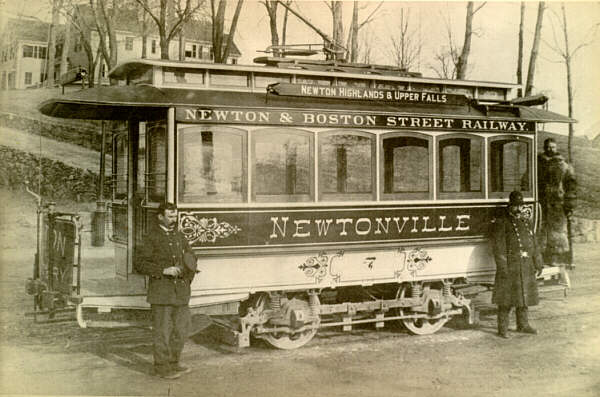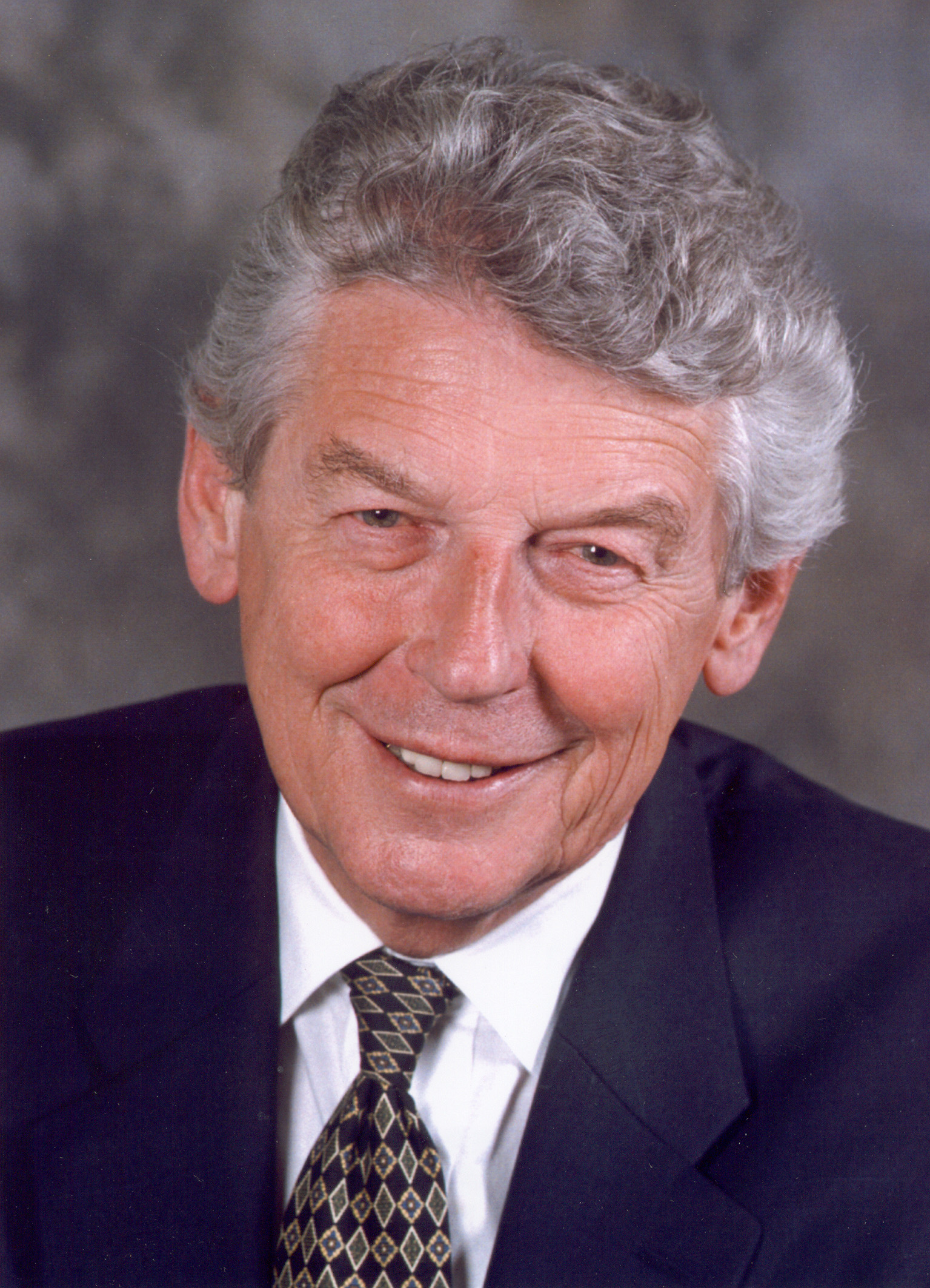|
Corrie Hermann
Cornelia (Corrie) Hermann (born 4 August 1932) is a Dutch GreenLeft politician. Early life and education Cornelia (Corrie) Hermann was born in Amersfoort, 4 August 1932. Between 1950 and 1959, she studied medicine at the University of Utrecht. In 1959, she took her doctor's exam. Career She started to work as a neonatal and pediatric doctor and as a health care teacher. Between 1973 and 1978, she worked as a researcher for the Central Institute for the Development of Tests. In 1978, she returned to medical work as chief researcher in social medicine at the Radboud University Nijmegen. In 1982, Hermann became director of the Municipal Health Service in Heemskerk. In 1984, she gained a doctorate in medicine on the basis of a dissertation on women doctors in the Netherlands. In 1985, she joined the board of the Dutch Society for Medicine in addition to her work as director. In 1991, she became a member of the Social Insurance Bank. Afterwards she became a member of the Association for ... [...More Info...] [...Related Items...] OR: [Wikipedia] [Google] [Baidu] |
Politics Of The Netherlands
The politics of the Netherlands take place within the framework of a Parliamentary system, parliamentary representative democracy, a constitutional monarchy, and a Decentralization, decentralised unitary state.''Civil service systems in Western Europe'' edited by A. J. G. M. Bekke, Frits M. Meer, Edward Elgar Publishing, 2000, Chapter 7 The Netherlands is described as a consociational state. Dutch politics and governance are characterised by a common striving for broad consensus on important issues, within both of the political community and society as a whole. Constitution The Dutch Constitution lists the basic Civil rights, civil and social rights of the Dutch citizens and it describes the position and function of the institutions that have executive, legislative and judiciary power. The constitution applies to the Netherlands, one of the four constituent countries of the Kingdom of the Netherlands (along with Aruba, Curaçao and Sint Maarten). The Kingdom as a whole has ... [...More Info...] [...Related Items...] OR: [Wikipedia] [Google] [Baidu] |
Public Transport
Public transport (also known as public transportation, public transit, mass transit, or simply transit) is a system of transport for passengers by group travel systems available for use by the general public unlike private transport, typically managed on a schedule, operated on established routes, and that charge a posted fee for each trip. There is no rigid definition; the ''Encyclopædia Britannica'' specifies that public transportation is within urban areas, and air travel is often not thought of when discussing public transport—dictionaries use wording like "buses, trains, etc." Examples of public transport include Public transport bus service, city buses, trolleybuses, trams (or light rail) and Passenger rail transport, passenger trains, rapid transit (metro/subway/underground, etc.) and ferry, ferries. Public transport between cities is dominated by airlines, intercity bus service, coaches, and intercity rail. High-speed rail networks are being developed in many parts ... [...More Info...] [...Related Items...] OR: [Wikipedia] [Google] [Baidu] |
Utrecht University Alumni
Utrecht ( , , ) is the fourth-largest city and a municipality of the Netherlands, capital and most populous city of the province of Utrecht. It is located in the eastern corner of the Randstad conurbation, in the very centre of mainland Netherlands, about 35 km south east of the capital Amsterdam and 45 km north east of Rotterdam. It has a population of 361,966 as of 1 December 2021. Utrecht's ancient city centre features many buildings and structures, several dating as far back as the High Middle Ages. It has been the religious centre of the Netherlands since the 8th century. It was the most important city in the Netherlands until the Dutch Golden Age, when it was surpassed by Amsterdam as the country's cultural centre and most populous city. Utrecht is home to Utrecht University, the largest university in the Netherlands, as well as several other institutions of higher education. Due to its central position within the country, it is an important hub for both rail and road t ... [...More Info...] [...Related Items...] OR: [Wikipedia] [Google] [Baidu] |
Officers Of The Order Of Orange-Nassau
An officer is a person who has a position of authority in a hierarchical organization. The term derives from Old French ''oficier'' "officer, official" (early 14c., Modern French ''officier''), from Medieval Latin ''officiarius'' "an officer," from Latin ''officium'' "a service, a duty" the late Latin from ''officiarius'', meaning "official." Examples Ceremonial and other contexts *Officer, and/or Grand Officer, are both a grade, class, or rank of within certain chivalric orders and orders of merit, e.g. Legion of Honour (France), Order of the Holy Sepulchre (Holy See), Order of the British Empire ( UK), Order of Leopold (Belgium) *Great Officer of State *Merchant marine officer or licensed mariner *Officer of arms *Officer in The Salvation Army, and other state decorations Corporations *Bank officer *Corporate officer, a corporate title **Chief executive officer (CEO) **Chief financial officer (CFO) **Chief operating officer (COO) *Executive officer Education *Chief academic of ... [...More Info...] [...Related Items...] OR: [Wikipedia] [Google] [Baidu] |
People From Amersfoort
A person ( : people) is a being that has certain capacities or attributes such as reason, morality, consciousness or self-consciousness, and being a part of a culturally established form of social relations such as kinship, ownership of property, or legal responsibility. The defining features of personhood and, consequently, what makes a person count as a person, differ widely among cultures and contexts. In addition to the question of personhood, of what makes a being count as a person to begin with, there are further questions about personal identity and self: both about what makes any particular person that particular person instead of another, and about what makes a person at one time the same person as they were or will be at another time despite any intervening changes. The plural form "people" is often used to refer to an entire nation or ethnic group (as in "a people"), and this was the original meaning of the word; it subsequently acquired its use as a plural form of ... [...More Info...] [...Related Items...] OR: [Wikipedia] [Google] [Baidu] |
GroenLinks Politicians
GroenLinks (, ) is a green political party in the Netherlands. It was formed on 1 March 1989 from the merger of four left-wing parties: the Communist Party of the Netherlands, the Pacifist Socialist Party, the Political Party of Radicals and the Evangelical People's Party, which shared left-wing and progressive ideals and earlier co-operated in Regenboog-coalition for the 1989 European Parliament election. After disappointing results in the 1989 and 1994 general elections, the nascent party fared particularly well in the 1998 and 2002 elections. The party's leader at that time, Paul Rosenmöller, was seen as the unofficial Leader of the Opposition against the First Kok cabinet, a purple government. The party's number of seats fell from 10 to 4 seats in the 2012 election, before increasing to 14 in 2017 and falling to 8 in 2021. The party failed to enter the cabinet in 2017 and 2021-2022. A merger with the Labour Party is currently under discussion. GroenLinks describes ... [...More Info...] [...Related Items...] OR: [Wikipedia] [Google] [Baidu] |
Living People
Related categories * :Year of birth missing (living people) / :Year of birth unknown * :Date of birth missing (living people) / :Date of birth unknown * :Place of birth missing (living people) / :Place of birth unknown * :Year of death missing / :Year of death unknown * :Date of death missing / :Date of death unknown * :Place of death missing / :Place of death unknown * :Missing middle or first names See also * :Dead people * :Template:L, which generates this category or death years, and birth year and sort keys. : {{DEFAULTSORT:Living people 21st-century people People by status ... [...More Info...] [...Related Items...] OR: [Wikipedia] [Google] [Baidu] |
1932 Births
Year 193 ( CXCIII) was a common year starting on Monday (link will display the full calendar) of the Julian calendar. At the time, it was known as the Year of the Consulship of Sosius and Ericius (or, less frequently, year 946 ''Ab urbe condita''). The denomination 193 for this year has been used since the early medieval period, when the Anno Domini calendar era became the prevalent method in Europe for naming years. Events By place Roman Empire * January 1 – Year of the Five Emperors: The Roman Senate chooses Publius Helvius Pertinax, against his will, to succeed the late Commodus as Emperor. Pertinax is forced to reorganize the handling of finances, which were wrecked under Commodus, to reestablish discipline in the Roman army, and to suspend the food programs established by Trajan, provoking the ire of the Praetorian Guard. * March 28 – Pertinax is assassinated by members of the Praetorian Guard, who storm the imperial palace. The Empire is auctioned off ... [...More Info...] [...Related Items...] OR: [Wikipedia] [Google] [Baidu] |
Order Of Orange-Nassau
The Order of Orange-Nassau ( nl, Orde van Oranje-Nassau, links=no) is a civil and military Dutch order of chivalry founded on 4 April 1892 by the queen regent, Emma of the Netherlands. The order is a chivalric order open to "everyone who has performed acts of special merits for society.” These are people who deserve appreciation and recognition from society for the special way in which they have carried out their activities. Titles, prefixes, or post-nominals are not used in the Netherlands – the only exception being the Military William Order. History In 1841 William II of the Netherlands, as Grand Duke of Luxembourg, created the Order of the Oak Crown. Although this was officially not a Dutch order, honours were regularly conferred on Dutch people. After the death of William III, Luxembourg, according to the Nassau Family Pact, became the domain of the other branch of the House of Nassau. In the Netherlands the need for a third order, beside the Military William O ... [...More Info...] [...Related Items...] OR: [Wikipedia] [Google] [Baidu] |
Paul Hermann (composer)
Paul Hermann (Budapest, 27 March 1902 – unknown 1944), also known as Pál Hermann, was a virtuoso cellist and composer. Career Hermann was born in Budapest, Hungary, on 27 March 1902 and came from a Jewish family. About his early childhood not much more than an anecdote remains: he was only prepared to study for his piano lessons if for every étude he prepared, he would receive one cent. He studied at the Franz Liszt Academy of Music from 1915–1919 and developed close relationships, both musical and personal, with his teachers of composition Béla Bartók and Zoltán Kodály, violinist Zoltán Székely, and pianists Géza Frid and Lili Kraus. At the Franz Liszt Academy of Music he studied cello under Adolf Schiffer and composition, first under Leo Weiner, who was also his teacher of chamber music. Already during his studies, Hermann was a frequent performer within and outside of the Liszt Academy. He started his international cello career at the age of 16, playing as a sol ... [...More Info...] [...Related Items...] OR: [Wikipedia] [Google] [Baidu] |
Remonstrant Brotherhood
The Remonstrants (or the Remonstrant Brotherhood) is a Protestant movement that had split from the Dutch Reformed Church in the early 17th century. The early Remonstrants supported Jacobus Arminius, and after his death, continued to maintain his original views called Arminianism against the proponents of Calvinism. Condemned by the synod of Dort (1618–19), the Remonstrants remained in a small minority in the Netherlands. In the middle of the 19th century, the Remonstrant Brotherhood was influenced by the liberal Dutch theological movement. History Foundation In formulating Arminianism, Jacobus Arminius disagreed with Calvin, especially on predestination. He defended free examination as superior to the doctrines of established churches. In 1610, Arminius followers presented to the States of Holland and Friesland the ''Five Articles of Remonstrance'' formulating their points of disagreement with Calvinism as adopted by the Dutch Reformed Church. Supporters of Arminius were c ... [...More Info...] [...Related Items...] OR: [Wikipedia] [Google] [Baidu] |
2002 Dutch General Election
General elections were held in the Netherlands on 15 May 2002.Dieter Nohlen & Philip Stöver (2010) ''Elections in Europe: A data handbook'', p1396 The elections were amongst the most dramatic in Dutch history, not just in terms of the electoral results, as they were completely overshadowed by the assassination of leader Pim Fortuyn only nine days before election day. Fortuyn had led the Pim Fortuyn List (LPF) party, a right-wing populist party that represented his political views. He had drawn controversy in the campaign with his views on Islam, attacked the government's immigration policies and had also questioned many aspects of government by the previous 'purple' cabinets of Wim Kok, which he blamed for everything from crime to waiting lists in health services. After his death, the LPF made its general election debut with 17% of the vote, coming in second place. The Christian Democratic Appeal (CDA), which took a neutral stance towards Fortuyn, gained seats to become the coun ... [...More Info...] [...Related Items...] OR: [Wikipedia] [Google] [Baidu] |
.jpg)

.jpg)
_1938.jpg)





